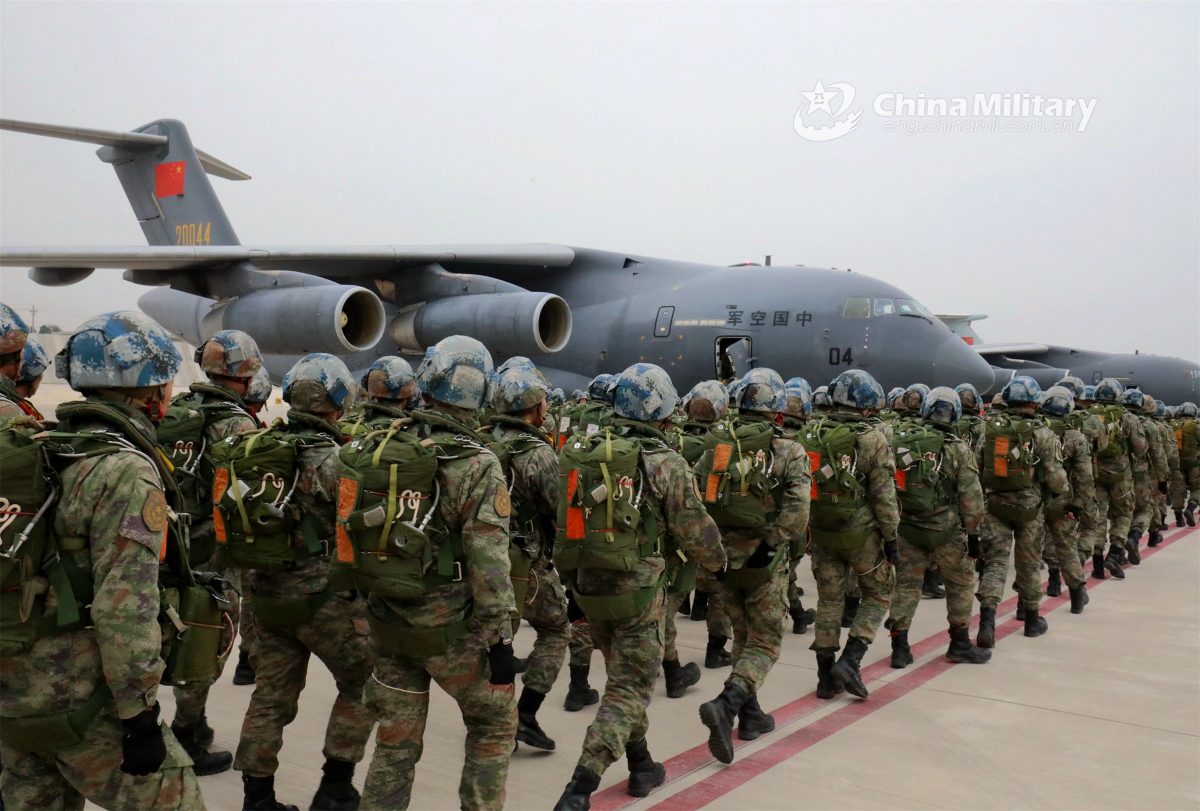As the US-China relationship continues to deteriorate intelligence and military analysts in the Washington, DC area are asking if 2023 will mark the start of a new Cold War or heat up one almost forgotten in the West from an earlier century? They are voicing their concerns in closed circles, sharing their thoughts only with the few who are not Chinese apologists inside the Biden Administration. With the war in Ukraine holding the world’s attention for almost a year, some are questioning if the distraction will provide China enough leeway to act up in Asia without much pushback from the United States. Others, however, are suggesting that cracks are emerging among players in China’s domestic economy and the political sphere containing Xi Jinping’s cadre of loyal followers in the CCP leadership. Could they successfully check him from making more aggressive moves this year? The reality is that, like the weatherman delivering the evening report, there is a 50-50 chance the analysts are correct about the conditions that will exist in the bilateral relationship tomorrow.
Robert Daly, Director of the Kissinger Institute on China and the United States and Rui Zhong, of the Wilson Center, suggest this week that the best policy is for the Biden Administration to “keep cool” when it comes to China. It appears the president’s men in the White House, however, intend to continue denying that it relishes a new cold war with China, although it is prepping for one. Sanctions imposed on China’s advanced semiconductor industry by the Commerce Department last October will take time to impact the country’s military computing and artificial intelligence capabilities and its increasingly harsh surveillance state. But sanctions do suggest at least some in Washington are willing to force China to look elsewhere to obtain the technologies needed by its medical researchers, supply chain managers, communications specialists, and a host of other fields relying on American technology. Daly and Rui argue that this is evidence that Washington’s strategy is to “hamper China’s further economic and technological development for the sake of security [and] is a clear indicator of cold war conditions.” Military analysts suggest that China is quite capable of withstanding the impact of sanctions and has planned “work arounds” to negate its effect.
Although policymakers in Beijing are intent on isolating the state from Western influences, the CCP leadership has yet to characterize the bilateral relationship as one of fierce competition or diametrically opposed ideologies. Daly and Rui argue that both capitals are “failing to manage their relations within a realistic framework” and that it “matters not only to national leaders, but also to the corporations, communities, college and universities, and other institutions that have played major roles in Sino-US interaction over the past 40 years.”
What will happen in 2023? The Wilson Center argues there are several things to watch in the coming months. Many states are wavering between the two superpower camps. This may be the year that a choice is forced on them. If the new cold war is played out in the realm of technology and geoeconomics and China surpasses the United States, the world could see a shifting global economic order that favors the Chinese viewpoint. Beijing is pushing for a larger international role in global rulemaking. It also appeals to the global south who do not oppose the idea of absolute sovereignty, non-interference, and a more pluralistic international discourse that is rejected in the more advanced Western democracies. Xi Jinping’s Global Development Initiative (GDI) and Global Security Initiative (GSI), according to Daly and Rui, are so vague as to be “nearly non-existent” yet many developing countries are considering signing on as they did with the Belt and Road Initiative (BRI). One political analyst specializing in West Africa notes countries need the money Beijing offers and they are delighted that China doesn’t care about human rights, corruption, or other systemic abuses that prevent the United States from liberally allocating funds. If Washington remains the dominant player, the set of rules, beliefs, norms, and global economic order could remain the same. Many question if Biden Administration officials have the gravitas to make the calls needed to secure a stable, Western-led, international order in the future in a cold war environment. Although a start, a few sanctions that can be bypassed are not sufficient to check China’s aggressive behavior in 2023. Too few are studying Chinese history or reading Sun Tzu’s The Art of War. Perhaps Winston Churchill said it best: “The farther back you can look, the farther forward you are likely to see.”
Daria Novak served in the U.S. State Dept.
Photo: Airmen assigned to an airborne brigade of the PLA Air Force queue up for boarding during a parachuting training exercise in late December, 2022. (eng.chinamil.com.cn/Photo by Ma Pengfei)
